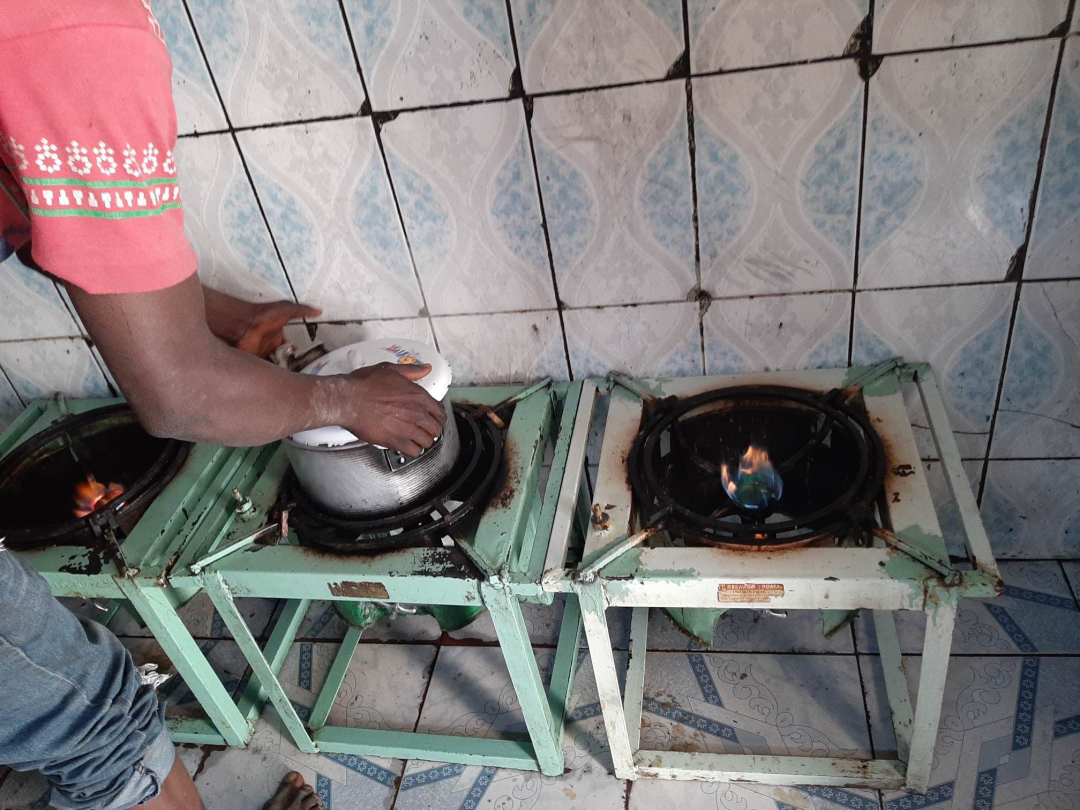Disclaimer:
Please be aware that the content herein has not been peer reviewed. It consists of personal reflections, insights, and learnings of the contributor(s). It may not be exhaustive, nor does it aim to be authoritative knowledge.
Le réchaud Toumaï est une innovation de M. Mahamat Nour Abakar, auteur de plusieurs œuvres brevetées par l’Organisation Africaine de Propriété Intellectuelle (OAPI). Son idée est venue de la loi interdisant l’utilisation du bois et du charbon de bois comme source d’énergie pour la cuisson en 2008. Il était question de trouver une alternative pour répondre à l’urgence surtout que l’offre du gaz butane était quasiment absente à cette période.
Le réchaud Toumaï est fabriqué principalement à base du fer et des billes en acier. Il fonctionne avec le pétrole ou de l’huile
d’arachide.


 13Climate action
13Climate action
Comments
Log in to add a comment or reply.